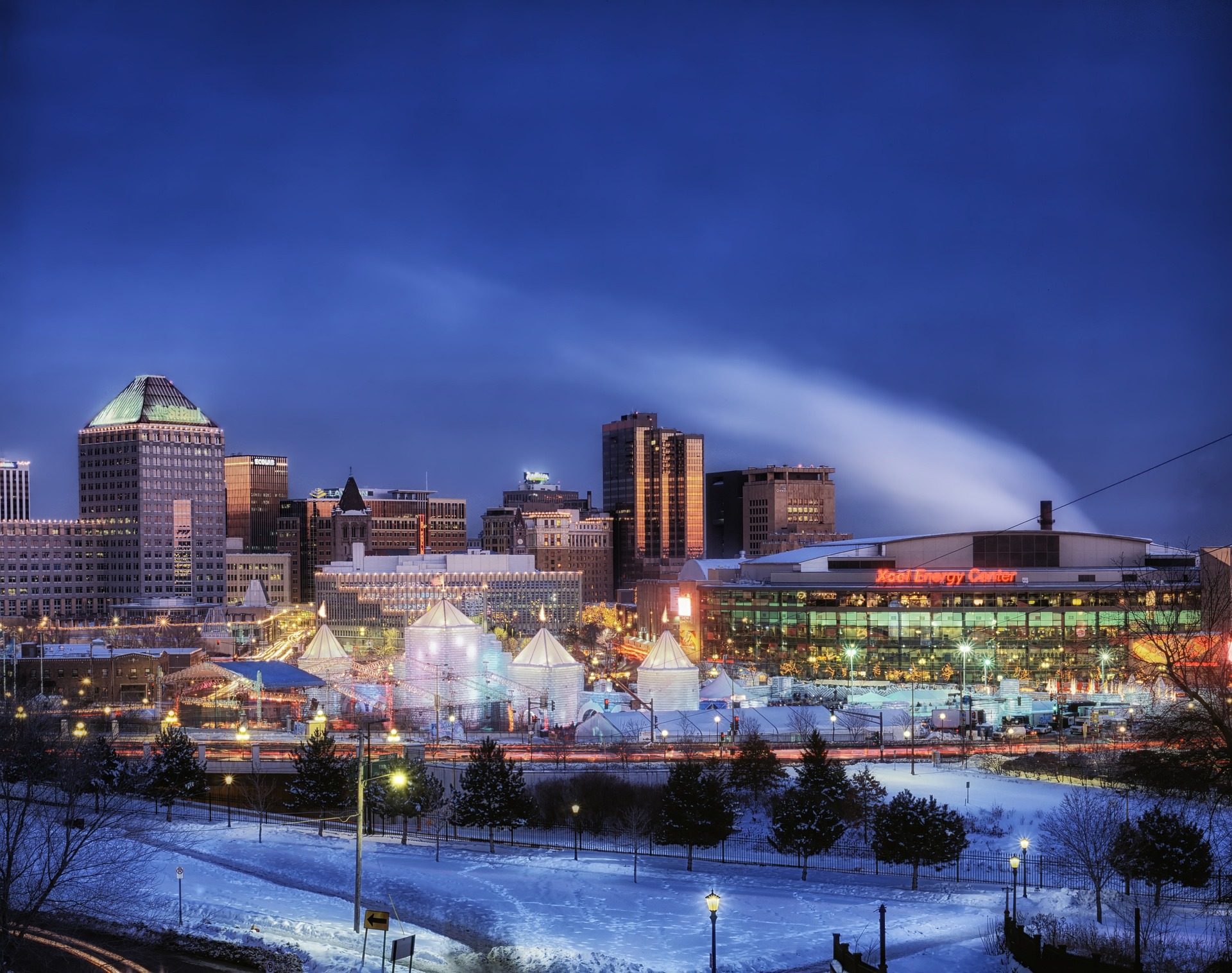The History of Gambling in Minnesota
Gambling is a popular pastime that Minnesotans have enjoyed for many years, which is not surprising considering how entertaining and engaging it is. Generally, gambling’s appeal derives from the thrill of waiting to see what happens.
Sometimes individuals who have had traumatic life changes may seek solace in gambling for relaxation. Or those who want to take their minds off more pressing matters like financial or relational stress. Others that need human interaction can be a motivation to start playing blackjack, baccarat, or even online poker real money Minnesota.
Luckily, you can experience these gambling games in different countries. But have you ever wondered how gambling evolved in Minnesota? If yes, continue reading to learn the history of gambling in Minnesota.
During the 1800s
Page Contents
Casinos and other forms of gambling have long been called Minnesota homes. Gambling is deeply rooted in the cultural practices of the vast majority of Native American communities. There is also documented evidence of various forms of gambling among European settlers beginning in the early days of North America.
Gambling was popular among Minnesota’s indigenous peoples long before the 1980s. Minnesotans placed bets of beaver pelts on games like bagesewin, which involved tossing small pieces of wood, bone, or metal painted black on one side and light on the other. Despite being illegal, people can find gambling across the area.
The territorial legislature of 1851 outlawed any gambling. Also, “The legislature shall not permit any lottery or the sale of lottery tickets” was written into the Minnesota Constitution when lawmakers passed it in 1857. This statement, typical in mid-and late-1800s states joining the union, responded to rampant corruption in run-by private lottery games.
In colonial and post-Revolutionary America, lotteries were raffles and used for charity. Lotteries fund many universities, schools, churches, highways, and other public organizations.
By the mid-1800s, charlatans and scammers had replaced these uses by either not holding the advertised lotteries or awarding the prizes to people they knew. Governments across the globe, including Minnesota, have banned lotteries because they cannot effectively oversee the industry or differentiate between “good” and “bad” lotteries.
1945–81
It was not legal to gamble in Minnesota until 1981, and even then, only for charitable causes. Bingo was allowed in Minnesota in 1945, making the state an early adopter. The reason for legalizing it is to collect money for charitable causes, and nonprofits can legally sell tickets to the event.
Even though slot machines were technically illegal, they were implicitly permitted until 1952. The state legislature expanded the options for charitable gambling in 1978. Games such as raffles, paddlewheels, and tip boards are discussed. Opening its doors in 1981, “huge Bucks” is a popular bingo facility. First, in the state, this bingo facility caters to high-rollers.
1982–89
In 1982, members of the Minnesota Legislature discussed the possibility of amending the country’s constitution to legalize pool betting. With the passage of this amendment in 1983, because of voters’ approval, pari-mutuel horse racing became permitted. Regarding pari-mutuel wagering in Minnesota, the Racing Commission is responsible for keeping everything on track.
State law in Minnesota is found in Minnesota Statutes Chapter 240 and regulates pari-mutuel horse racing. At the same time, the state lottery in Minnesota was established in 1989 and is regulated under Minnesota Statutes Chapter 349A. A director, who the governor nominates with the advice and agreement of the Senate, is in charge of running the Lottery.
1999 – the 2000s
Minnesota officials added a type of gambling called card clubs to the legal gambling games in Minnesota. The government officially authorized Canterbury Park to run a card club.
And in the early 2000s, there was an increasing discussion concerning whether or not sports betting should be legalized in Minnesota. It is because gambling on fantasy sports, considered a game of skill in certain jurisdictions but not others, has also risen in popularity.
In 2016, legislation was introduced that could have made fantasy sports betting legal in Minnesota. Even though the House approved the proposed bill, it never received a vote from the Senate.
In May 2018, the Supreme Court of the United States issued a ruling saying that the federal statute which prevents states from authorizing sports betting is unconstitutional under the anti-commandeering concept. Doing so has paved the way for states across the country to legalize sports betting and may have given states more autonomy in other areas.
As a result of the discussion, numerous states opened the door to sports betting, and as of the beginning of the year 2022, the practice is allowed in 29 states.
Though in Minnesota, sports betting is currently illegal, and legislation proposed for the 2019-2020 legislative session might have made it legal. However, there was no success with either bill in the 2019–2020 session, and new legislation was presented for 2021–2022. Today, lawmakers are still debating the issue at hand.
Try Your Gambling Luck Now in Minnesota
Regarding the gambling industry, it is difficult to anticipate how the succeeding eras will develop. Presently, residents in Minnesota like gambling and have access to a wide variety of gambling possibilities. This is due to their long and storied history of gambling. In fact, gambling games have progressed in Minnesota through the years with lawmakers’ help.
Today, Minnesota is home to a wide range of gambling options for those interested in trying their luck.
